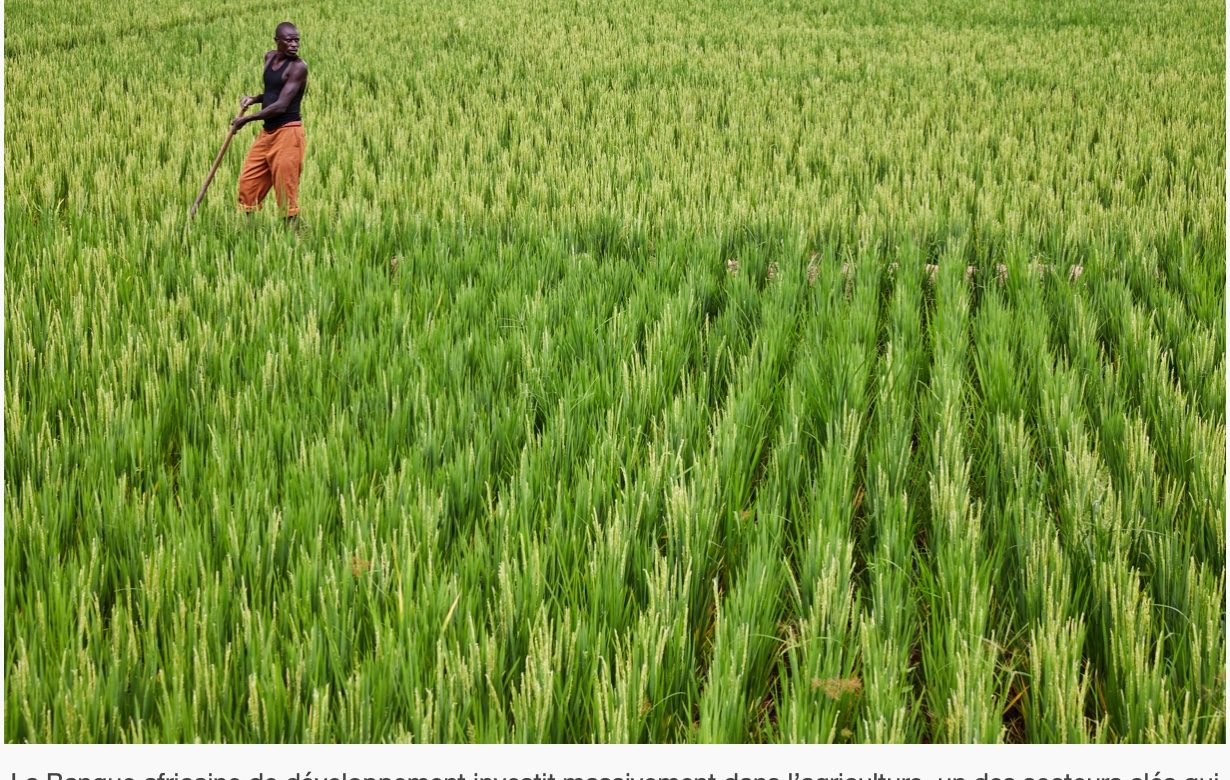In a global context marked by a succession of crises and headwinds since the appearance of covid-19 in 2020, Africa has shown strong resilience. The continent continued to record positive economic growth. According to the Africa Macroeconomic Performance and Prospects report published by the African Development Bank, the continent is expected to see an average change of 4% in its real gross domestic product in 2023 and 2024. This is higher than the global averages of 2 .7% and 3.2%.
In detail, 53 of the 54 African member countries of the bank experienced positive developments in 2022 which should continue in the next two years. It is expected that the sum of the additional wealth created exceeds 5% in several countries, notably the Democratic Republic of Congo (6.8%), Gambia (6.4%), Togo (6.3%), Libya (12.9%), Mozambique (6.5%), Niger (9.6%) and Senegal (9.4%). But many challenges remain even outside of climate risk, such as poverty and inequality which, although declining, remain a concern.
It is in this context that the African Development Bank is devoting its Annual Meetings from May 22 to 26, 2023 in Sharm el-Sheikh, Egypt, on the theme “Mobilizing private sector financing for climate and growth green in Africa”. “.
The stakes are enormous. For, if Africa manages to achieve inclusive growth and sustainable development, it can lift millions of people out of poverty and offer a better future to its citizens.
These concerns are central to the priorities of the bank, which is committed to supporting African countries to achieve inclusive growth and sustainable development on the following five pillars: “light up and power Africa”, “nourish Africa”, “industrialize Africa”, “integrate Africa”, and “improve the quality of life of the people of Africa”.
But questions continue to be pondered at the center of a report commissioned by a group of experts who have tried to provide answers. This report should look at key sectors that contribute to inclusive growth and sustainable development in Africa, with particular focus on low-income countries, middle-income countries, countries in transition, mineral-rich countries or net oil exporting countries.
The report should also examine the internal and external shocks that regularly dampen periods of high growth in African countries, as well as strategies to address them in a sustainable manner.
Finally, it discusses the roles and responsibilities of the various stakeholders in the immediate, short, medium and long term, to support African countries in achieving inclusive growth and sustainable development.
But among the key issues that will be at the center of discussions in Sharm el-Sheikh, remains that of financing. Even today, the ability of African countries to mobilize domestic resources is quite limited, due to undiversified economies, the persistence of illicit financial flows, more difficult access to international capital markets, and above all a concentration of the resources necessary for development.
This is why the African Development Bank continues to actively advocate for greater deconcentration of official development assistance resources and a greater role for regional multilateral development banks.
A preliminary high-level exchange between the African Union Commission, African Development Bank, African Union Development Agency (AUDA-NEPAD) was recently held on key actions to be taken to achieve inclusive growth and sustainable development.
In Egypt, participants will be able to examine how to ensure more robust nominal growth, develop a financial sector to serve local businesses, and finally define a debt strategy for African countries to mobilize more resources.
Achieving an inclusive and sustainable future for the people of Africa is a complex and multi-faceted challenge. The African Development Bank advocates for a comprehensive approach and participation of all stakeholders. At the forefront are governments, the private sector, civil society and international partners.
The discussions planned in Sharm el-Sheick will be an opportunity to strengthen the mobilization of ideas and to move forward with solutions in the service of this ambition.
Source : African Development Bank Group (AfDB)





























Réagissez à cet article